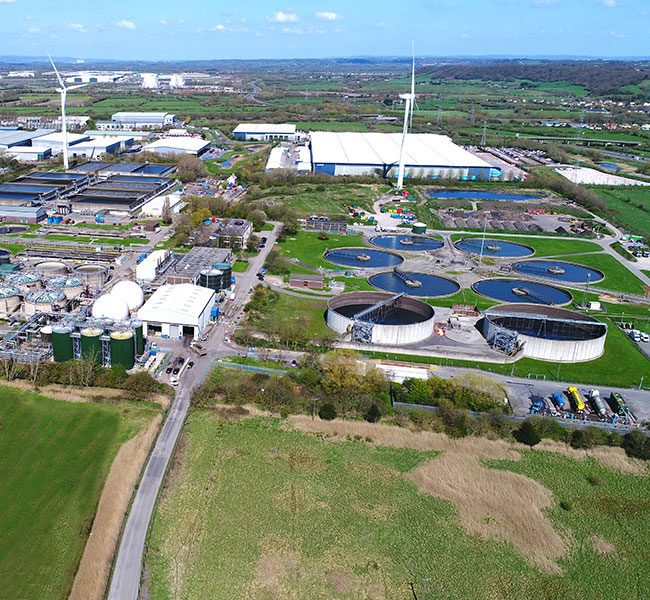- Home
- Our purpose
- Carbon and climate
- Our waste management pledge
Our waste targets
We have set an ambitious target to lead the way for waste management in the water industry. Around ten years ago, we set the target of diverting 100% of our non-sludge waste from landfill by 2020.
In 2020 and 2021 we were successful in diverting all the waste we could from landfill – an average of 99.75% of all our waste. The very small amount of remaining waste could legally only be sent to landfill, including waste contaminated with asbestos and some invasive species.
We will continue with our zero waste to landfill target and set further waste reduction targets going forward.
How do we manage waste?
Our waste management approach is used throughout the business, including during major construction schemes.
We do not use landfill for any of our inert waste (waste that doesn’t undergo physical, chemical or biological treatment), which allows us to divert more than 100,000 tonnes of material from landfill every year.
We are also committed to ensuring the waste from our day-to-day operations does not end up in landfill, including the by-product of the water recycling process.
As we currently divert all the waste we can from landfill, we are also looking at ways to reduce waste and manage problematic waste streams.
Where does our waste end up?
Plastic, paper and sanitary material from non-flushable items, such as wet wipes and nappies, are caught in screens so they don’t enter our water recycling centres, as is grit that falls into our drains from roads.
These materials are transported to Avonmouth water recycling centre, where our subsidiary company GENeco pioneered a composting process for these materials.
These compost-like outputs are used for land reclamation projects, while any plastic remnants from this process go to incineration to produce electricity.

